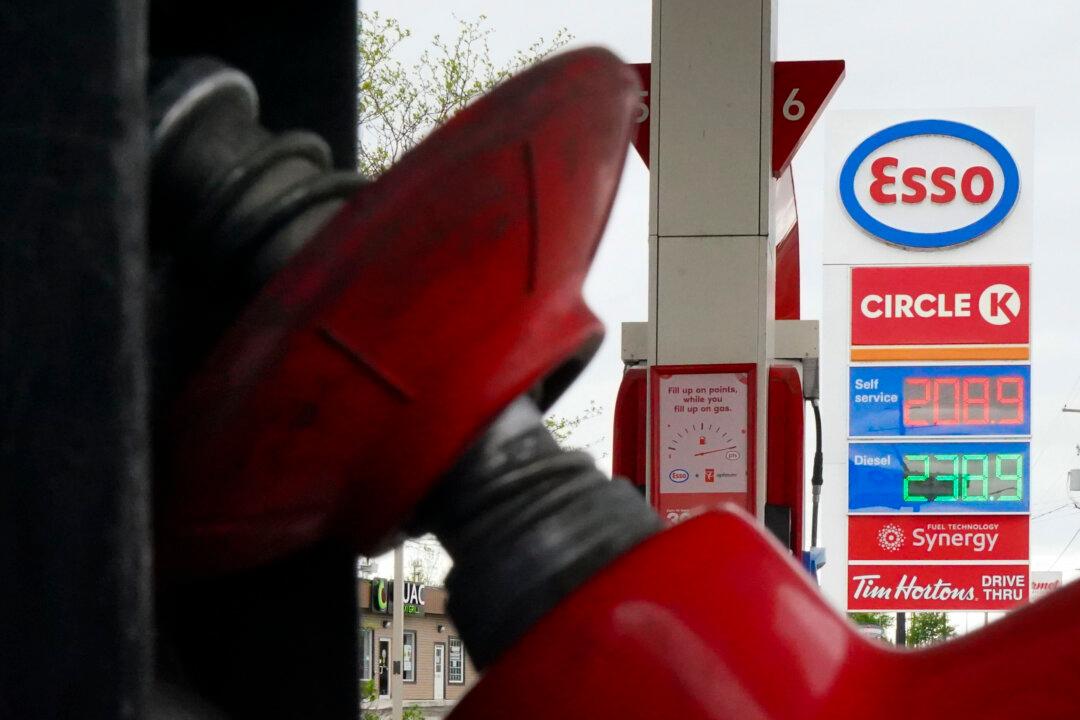Albertans will receive their their first carbon tax rebate this week as the federal government releases the initial instalment of the Climate Action Incentive (CAI) payment.
Canadians who have filed their tax returns and are eligible for the quarterly-based payment, will receive the first round of the rebate with a “double-up” payment that returns proceeds from the first two quarters of the 2022-2023 fuel charge year, according to the Finance Department’s website. Two more quarterly payments are expected to be provided on Oct. 15, 2022 and on Jan. 15, 2023.





